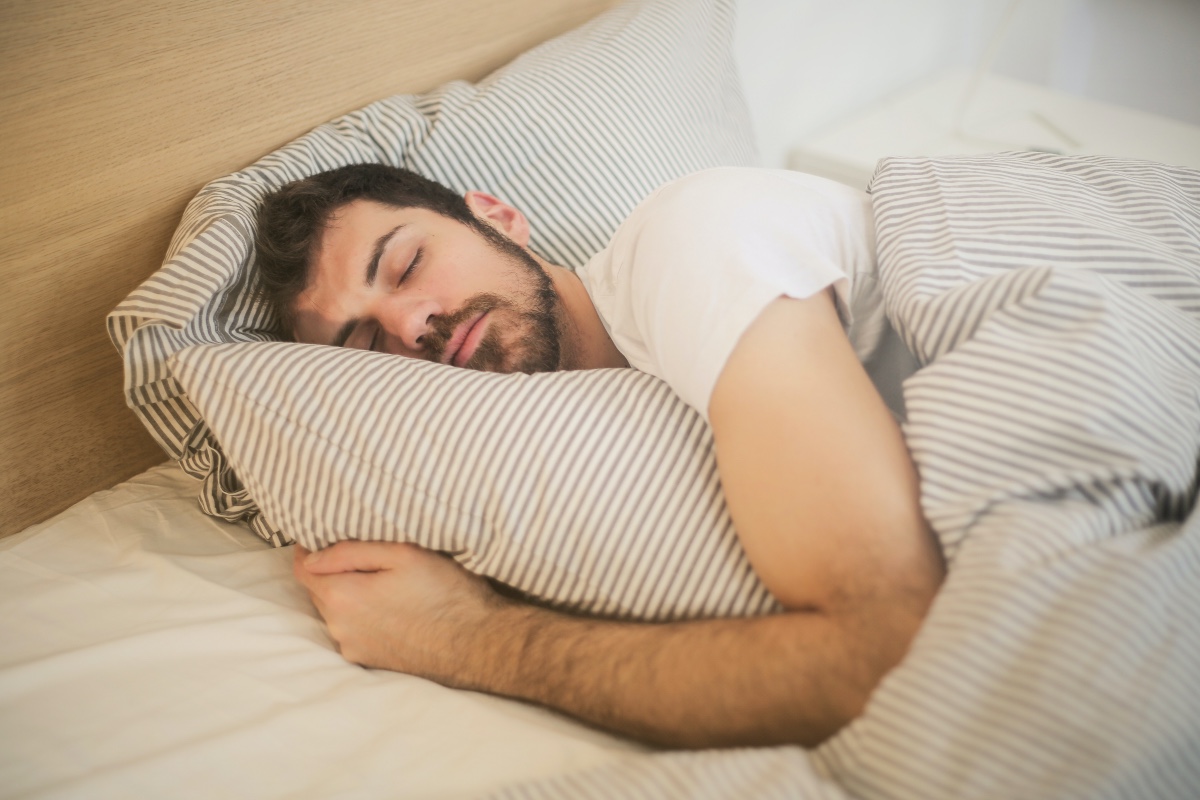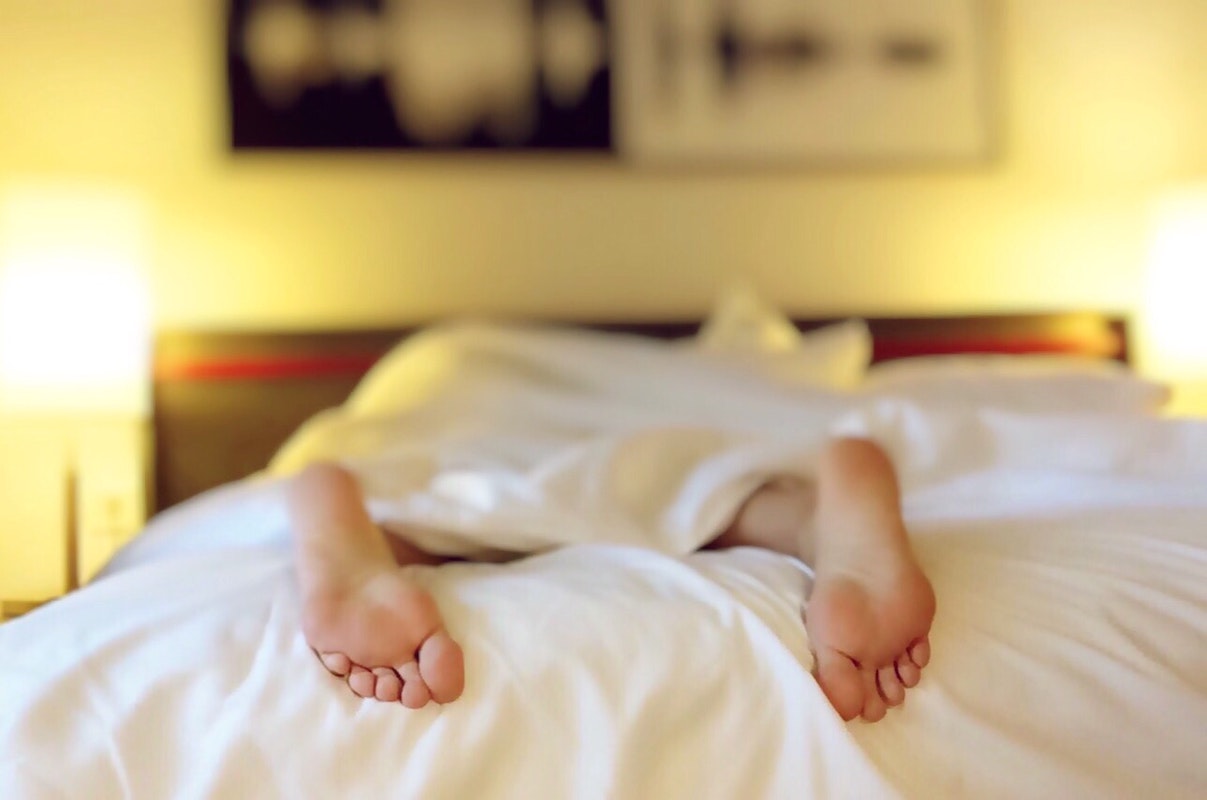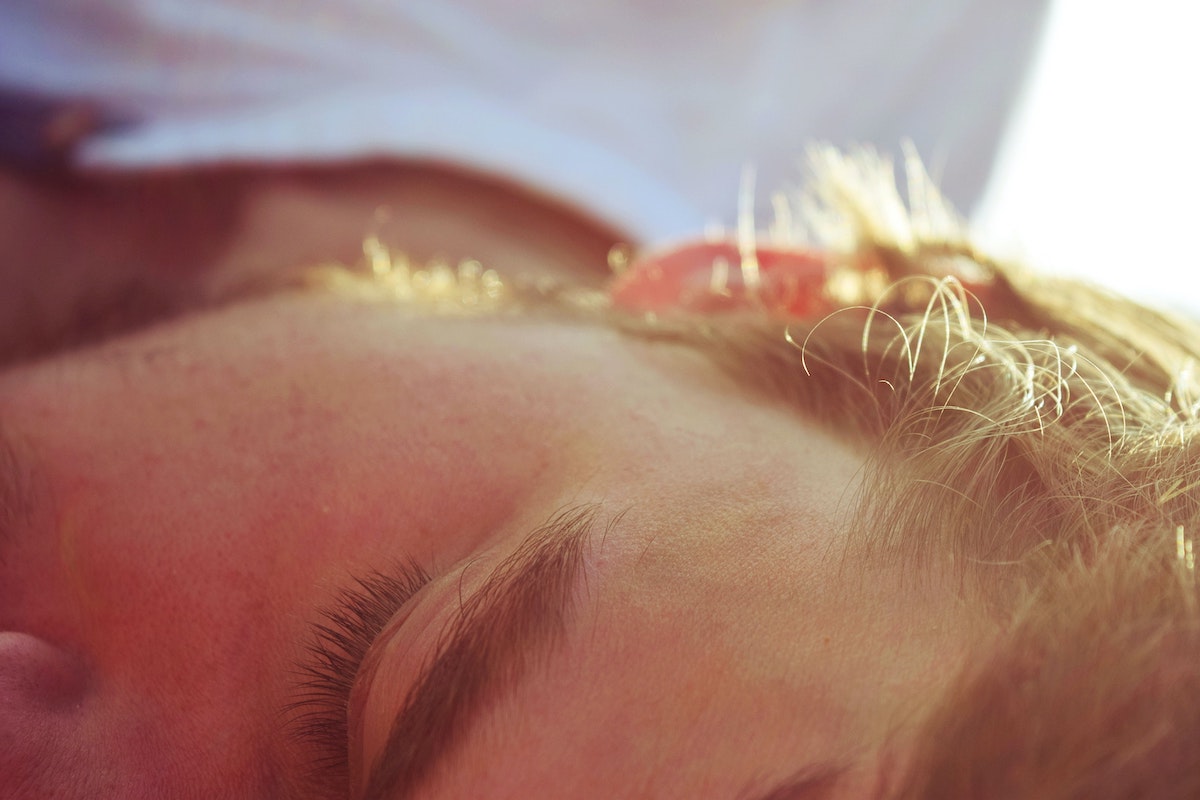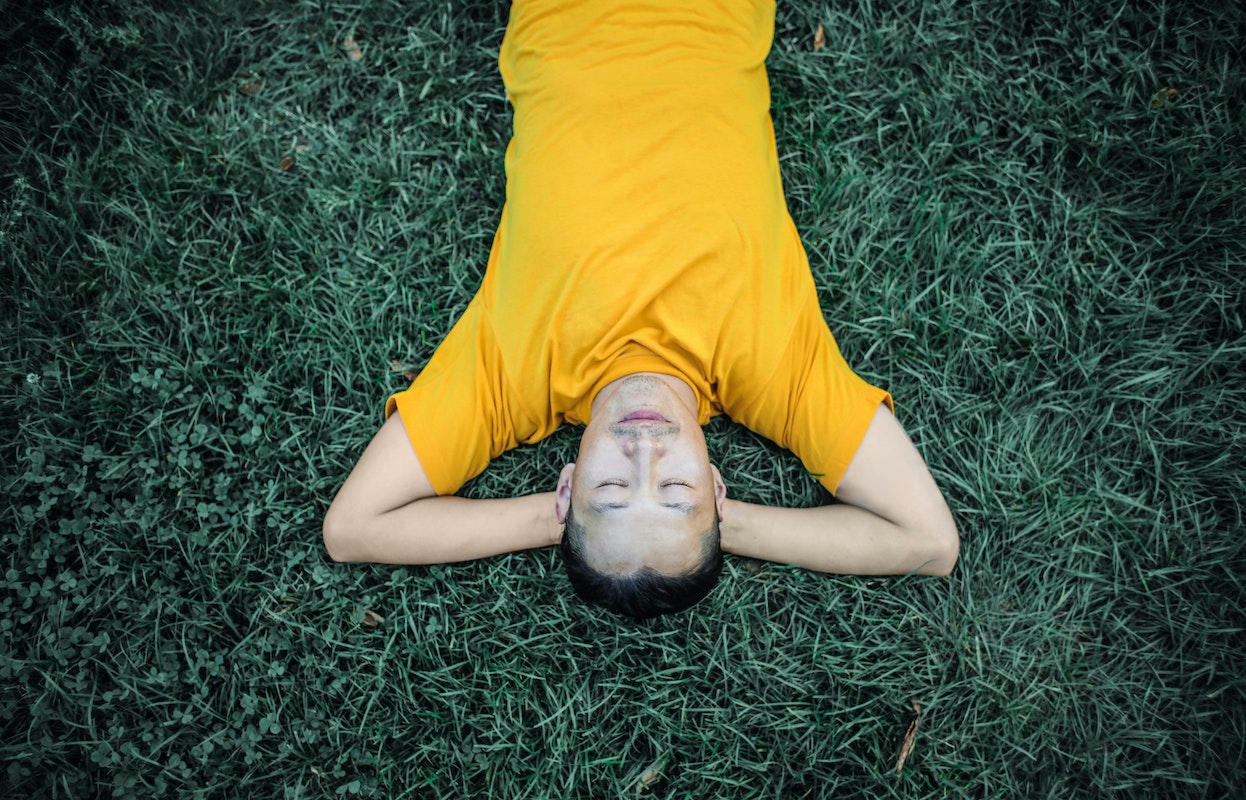Newborns sleep about 16 hours per day. However, as any new parent will tell you, sleep is not consecutive. Brand-new babies typically eat every 90 minutes to three hours. Much of their rest comes from napping. Hence the common advice to “sleep when the baby sleeps.”
As we get closer to kindergarten, “nap time” becomes a thing of the past. According to the National Sleep Foundation, most children have ditched daily naps by age four.
Unlike daycare, your office likely doesn’t have a place to nap — nor do most employers encourage it (some progressive ones have nap pods and some sleek hotels have “sleep pods”). You likely know sleep is important. Is napping good for you once you’re an adult?
Reddit has thoughts, and so do sleep experts. Here’s what to know.
Has Reddit found the secret to the ultimate power nap?
Reddit has thoughts. A user posted a graphic in the r/coolguides subreddit ranking nap times. According to the graphic:
- A 20-minute nap was easy to wake up from and could boost energy
- A 30-minute nap was a recipe for grogginess
- An hour-long nap boosted short-term memory but would entail grogginess
- A 90-minute nap would take you through a full REM cycle, could include dreams, and would improve creativity
What do experts think?

An expert guide to taking a power nap as an adult
Reddit has its perks, but it’s always a good idea to consult actual experts on health and wellness information. Sleep professionals answered the most pressing questions, including the best nap time.
Is napping good for you?
Catching some extra Zzz’s during the day has its benefits.
“Naps are good because they help restore energy and ability to concentrate on tasks,” says Dr. Camilo Andrés Ruiz, DO, FACOI, FAASM, a sleep medicine expert at Sleep and Internal Medicine Specialists.
However, there’s a caveat: If you’re napping because you are consistently not getting enough sleep each night, perhaps because you are restless, that’s a problem.
“Insufficient sleep is a huge factor for a large variety of medical conditions [like high blood pressure],” says Vanessa Osorio, a sleep expert and certified sleep science coach at Sleepopolis. “That is why it is so important to prioritize getting the correct amount of sleep every night.”
The CDC recommends that adults ages 18 to 60 get at least seven hours of sleep each night.

What’s the best nap time?
Like the Reddit graphic said, short power naps are ideal.
“If you sleep longer than [15 to 20 minutes], it is possible to enter deep sleep and wake up very groggy from the nap,” says Dr. Ruiz, adding it may also affect nighttime sleep.
Lauri Leadley, the founder, president and a sleep educator at Valley Sleep Center, agrees that less is often more when it comes to nap times.
“A will prevent you from lapsing into deeper REM sleep, which makes it easier to wake up from, and you won’t have that post-nap grogginess associated with longer naps,” Leadley says.
Set your alarm — because just 10 more minutes of snoozing will have you feeling like you’re losing. You may enter REM sleep, and you’ll feel groggy when you have to wake up.
If you need to nap for more than 20 minutes, Leadley suggests opting to sleep for an hour.
“You may feel better after 60 minutes,” Leadley says. “You will enter deep, slow-wave sleep during this amount of sleep time and may experience some grogginess upon waking because of this. However, once the grogginess passes, your memory will be at top performance.”
If you need to compensate for poor sleep the night before, a 90-minute nap could help.
“If you are trying to get through the day on a night of little to no sleep, a short nap may not be adequate,” Leadley concedes. “What you need is a full sleep cycle, including the lighter and deeper stages of REM sleep, which is 90 minutes.”
Leadley says that Reddit is right — dreaming is common during 90-minute naps, and you may notice improved cognitive abilities when you wake up.
Nap time: It’s not just about the length
Osorio says that when you nap is another important factor to think about before dozing off.
“The best time to take a short nap is early afternoon — ideally before 2 p.m. — because this is about the time that our bodies experience a natural circadian dip,” Osorio says. “In other words, the later you take a nap, the harder it will be to fall asleep at night.”

What new research says about napping
In June of 2023, researchers from UCL and the University of the Republic in Uruguay shed new light on a benefit of adult napping: Protection from brain shrinkage. In the study, researchers used data from 35,080 participants ages 40 to 69 at recruitment and found that people genetically predisposed to nap during the day had “younger” brains by 2.6 to 6.5 years.
In lay terms, it appears that daytime napping may aid brain health by slowing down brain shrinkage that happens during aging. Researchers didn’t come out with an ideal length for napping to preserve the brain but noted that other studies indicated 30 minutes was a good length.

The bottom line on naps
Naps can be useful, even when you’re an adult. However, good sleep hygiene during the night is also important. Needing to compensate for an all-nighter once in a blue moon is different than constantly needing daily 90-minute naps. That said, a solid 20-minute nap can leave you feeling refreshed, more energetic, and not groggy. Beware, hitting your snooze button for 10 minutes can trigger grogginess because your body will enter REM sleep. If you need to make up for lack of sleep the night before, opt for 90 minutes so you go through a full REM cycle. Just don’t make it a habit. Prioritize solid nighttime sleep. If that is a struggle for you, speak with a provider. They may be able to refer you to a specialist to check for issues like sleep apnea or a therapist to help you with the stress keeping you up at night.




